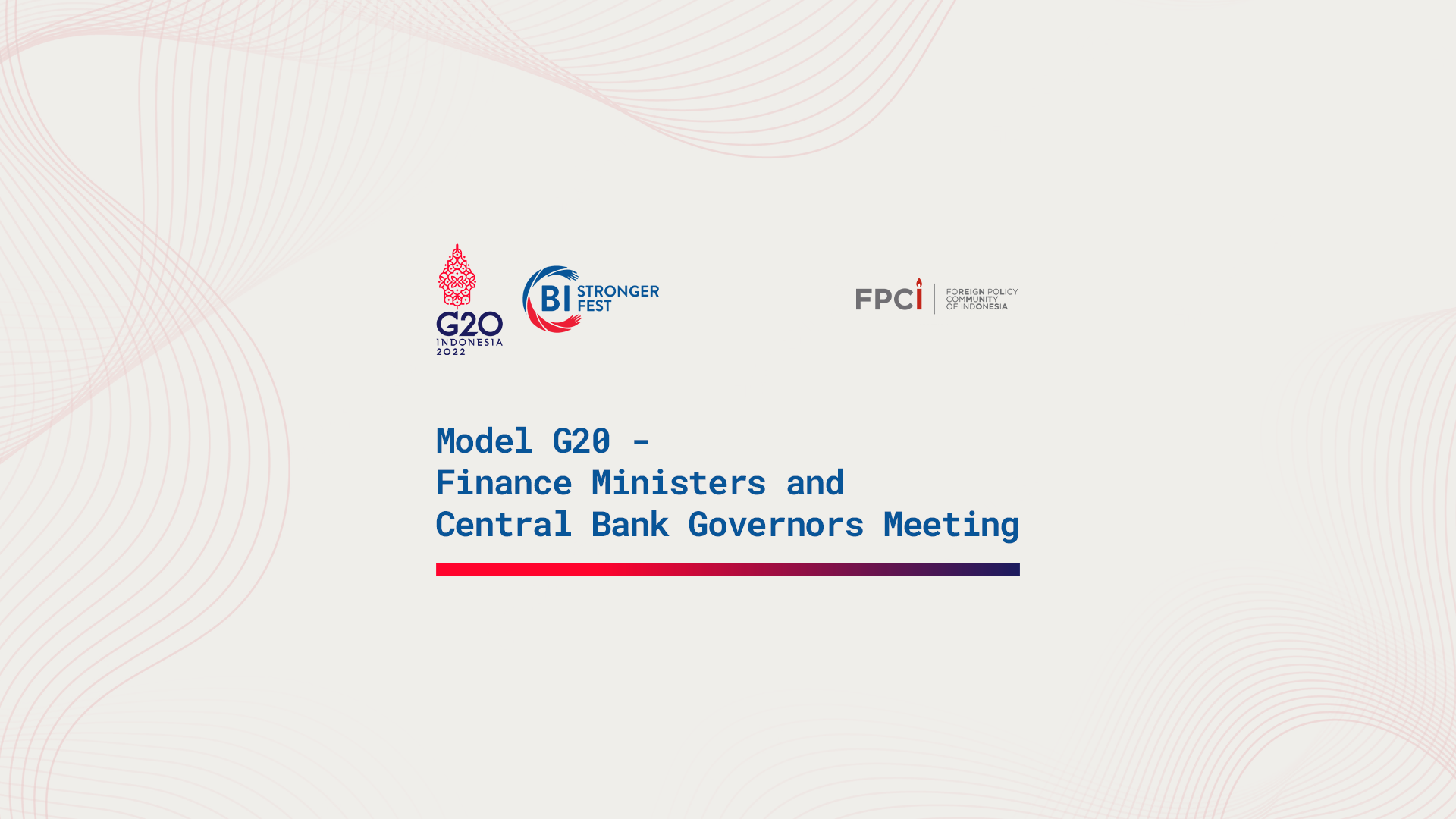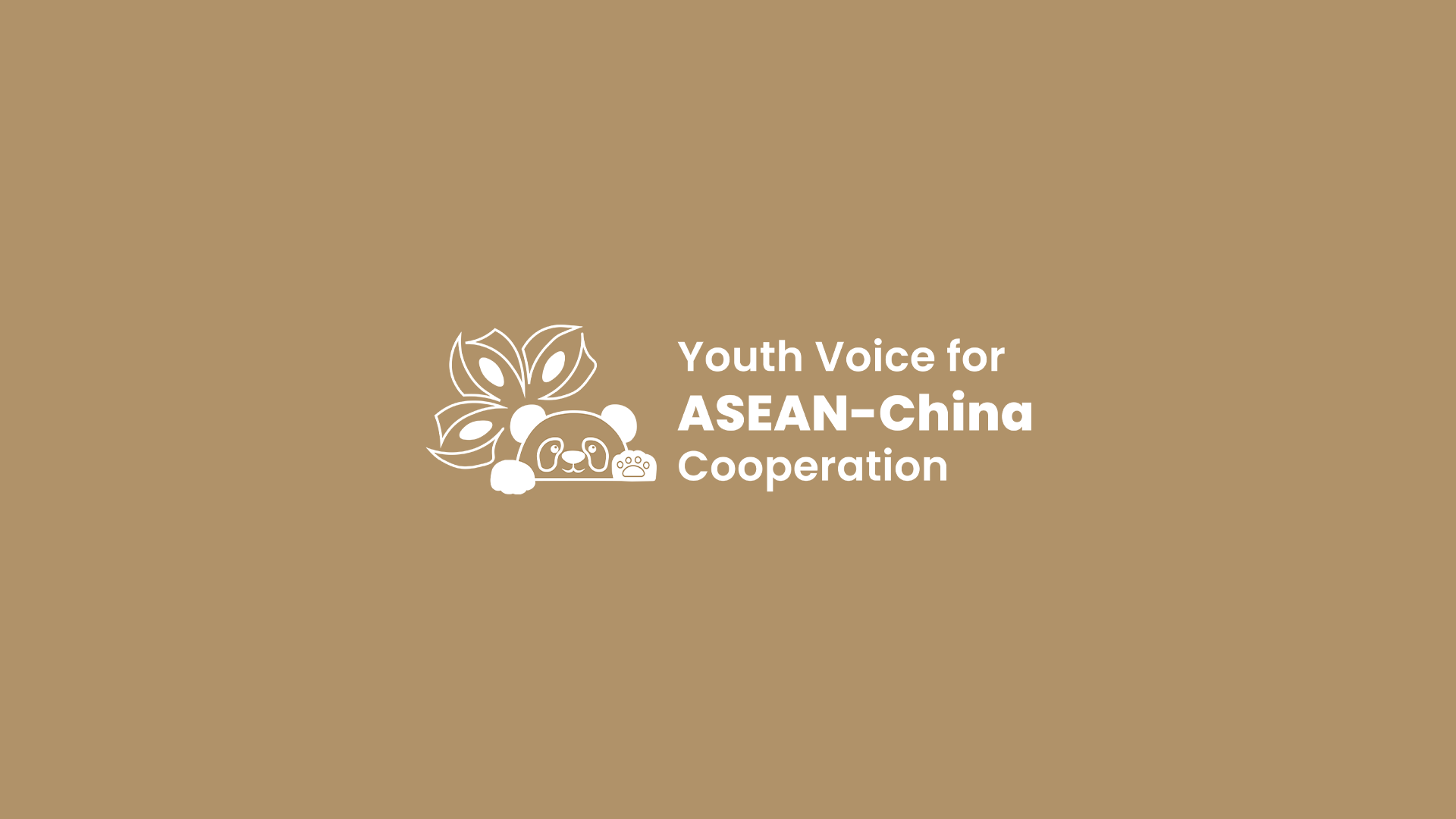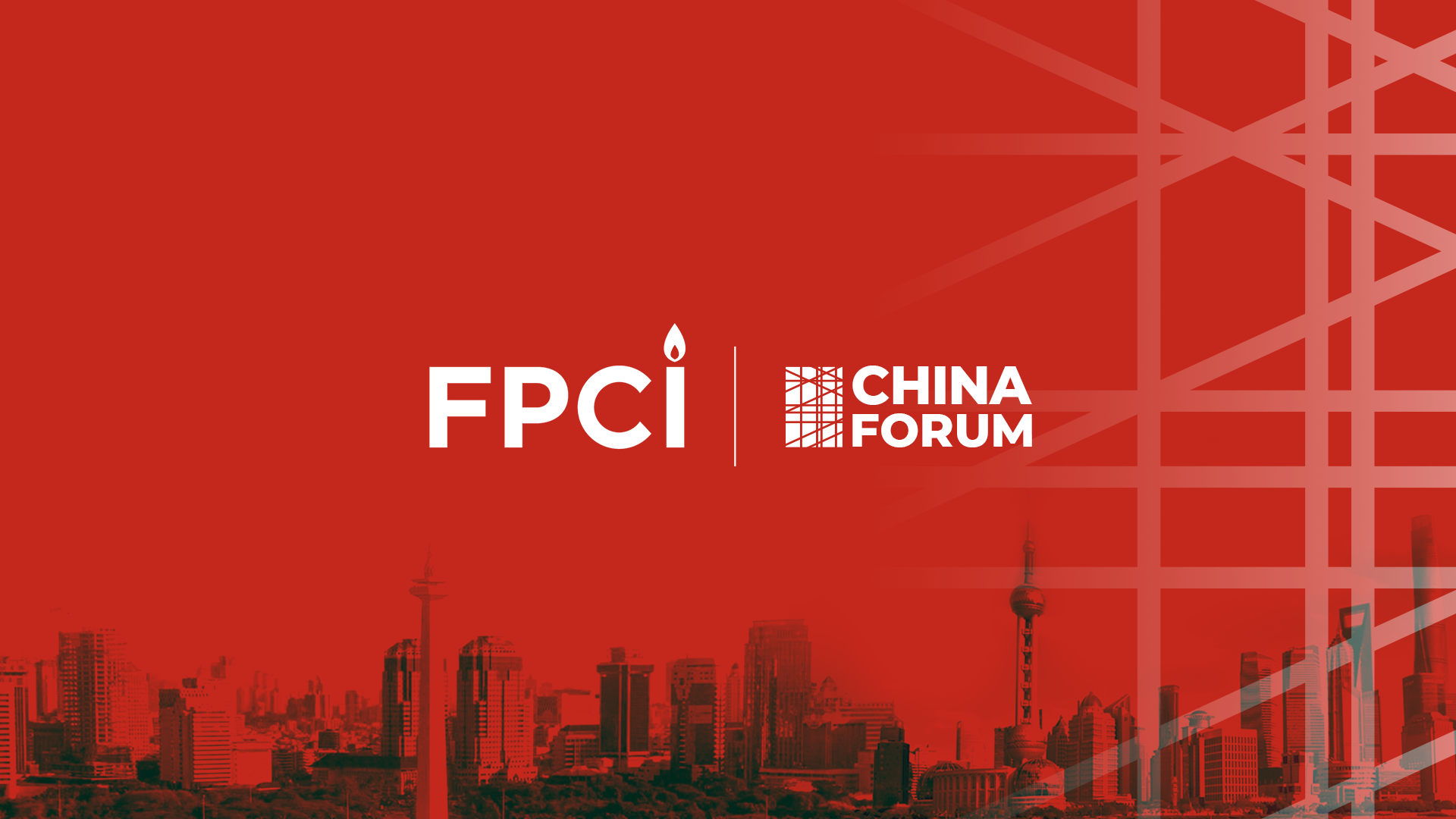Foreign Policy Community of Indonesia (FPCI), in collaboration with the Mission of the People’s Republic of China to ASEAN convene Youth Voice for ASEAN-China Cooperation (YAC) under the theme “Achieving Modernization for a Shared Future”.
Continue readingHalo China Video Competition 2023
Foreign Policy Community of Indonesia (FPCI) and the Embassy of the People’s Republic of China in Jakarta, China Public Diplomacy Association, and CGTN are in cooperation to bring back the Halo China video competition in the year 2023! This year, the competition will focus on the theme, “Together Towards Future: Celebrating 10th Anniversary of China-Indonesia Comprehensive Strategic Partnership and the Belt and Road Initiative.”
Continue readingKompetisi Video Halo @China 2022 – China-Indonesia Community with a Shared Future
Foreign Policy Community of Indonesia bekerjasama dengan Kedutaan Besar Tiongkok di Jakarta dan China Public Diplomacy Association kembali menyelenggarakan kompetisi video Halo @China di tahun ketiga! Untuk tahun 2022, tema yang diangkat adalah “China-Indonesia Community with a Shared Future.”
Continue readingModel G20 – Finance Ministers and Central Bank Governors Meeting (Model G20 FMCBG Meeting) 15-16 September 2022
As a key international forum for global economic cooperation, the G20 brings together the finance ministers and central bank governors of the world’s 20 largest economies in Finance Ministers and Central Bank Governors (FMCBG) meetings. At a time of immense global economic uncertainty and geopolitical instability, the G20 has never been more important as a forum to help address the shared challenges in our region and the global economy.
Continue readingYouth Voice for ASEAN-China Cooperation | Writing Competition & Policy Lab
In the latest ASEAN-China Special Summit in November 2021, President Xi Jinping announced China-ASEAN Comprehensive Strategic Partnership (CSP) – calling it “a new milestone” in the history of the relations, and that it will inject new impetus into peace, stability, prosperity and development of the region and the world.In light of that, FPCI together with the Mission of the People’s Republic of China to ASEAN initiates “Youth Voice for ASEAN-China Cooperation” – a program in which 20 winners of a region-wide essay writing competition will be able to participate in an exclusive two days policy lab to produce a policy recommendation that will be handed to the Chinese government and the ASEAN Secretariat.
Continue reading#DearG20Leaders Video Competition
Following the conclusion of the UN Climate Change Conference (COP26) in November 2021, FPCI and the UK Embassy in Jakarta is conducting a nationwide online video competition to further promote the outcome of the COP26 and the Glasgow Climate Pact for all Indonesian citizens. This program aims to enhance awareness of climate commitments that countries, including Indonesia, made during COP26 in order to ensure that our leaders act upon those commitments.
The name of the online video competition is “#DearG20Leaders Video Competition”, with its theme being “COP26 Outcomes and What’s Next for the G20 Summit”. This theme was chosen to promote the outcome of COP26 and Glasgow Climate Pact and at the same time, mobilize youth voices to drive ambition for Indonesia to showcase its climate leadership as President of the G20 this year.
Competition Timeline
| 21 February 2022 | Launch of the Video Competition |
| 21 February – 18 March 2022 | Video Submissions Open |
| 18 March 2022 | Deadline |
| 19 March – 24 March 2022 | Judging Process |
| 25 March 2022 | Virtual Ceremony and Winner Announcement |
| 26 March – 31 March 2022* | Prize Distribution |
The third Erasmus+ Virtual Info Session: Insights on Erasmus+ Scholarship in Environmental Studies for Climate Action.
In cooperation with the Delegation of the European Union to Indonesia, Foreign Policy Community of Indonesia (FPCI) has the pleasure to invite you to the third Erasmus+ Virtual Info Session: Insights on Erasmus+ Scholarship in Environmental Studies for Climate Action.
Continue readingHalo China! Video Competition
Foreign Policy Community of Indonesia and the Embassy of the People’s Republic of China in Jakarta are in cooperation once again to bring back the Halo China video competition in the year 2021! This year, the competition will focus on the theme, “Indonesia-China Solidarity Against COVID-19.”
Continue reading#Indonesia4Climate Video Competition
In preparation for COP-26, FPCI together with the Embassies of UK, Italy and Sweden in Jakarta are pleased to host a nationwide online video competition open for Indonesian youth. This video competition aims to enhance awareness of climate change as well as encourage acts of kindness for the environment among the Indonesian public.
Continue readingFPCI China Forum
Over the past 3 years, Foreign Policy Community of Indonesia (FPCI) has actively kept track on China-related issue by providing a platform for a regular discussion among seating/former government officials, experts, academicians, and practitioners to gather and discuss important and strategic issues surrounding the Indonesia-China relations through our informal circle group
namely FPCI China Policy Group (CPG).










